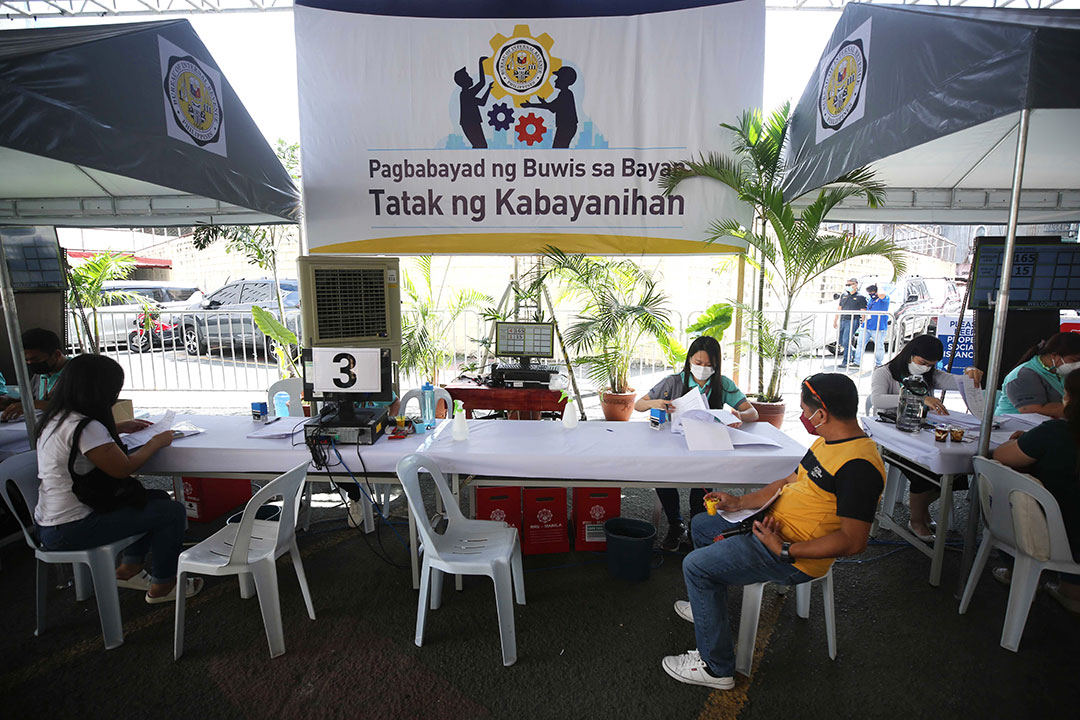ADB approves $400-M loan to improve PHL tax system

THE ASIAN Development Bank (ADB) has approved a $400-million loan for the Philippines to reform tax policies and ramp up revenue collection.
In a statement on Tuesday, the ADB said the loan will “help the Philippines achieve its medium-term fiscal strategy and finance its post-pandemic economic recovery through a stronger focus on revenue mobilization, including modernizing tax administration, systems, and processes,”
The Domestic Resource Mobilization (DRM) Program Subprogram 1 is the ADB’s first policy-based loan focused on revenue mobilization reform.
This reform would address the discrepancies in Philippine tax policy frameworks to improve tax compliance, reduce tax avoidance, and raise additional revenues from activities and products that impact the environment or contribute to climate change.
“The program recognizes that DRM reforms necessitate not only raising revenue, but also designing a revenue system that fosters inclusiveness, encourages good governance, promotes investments and job creation, reduces inequality, and tackles climate change,” ADB Senior Economist for Public Finance Aekapol Chongvilaivan was quoted as saying in a statement.
Mr. Chongvilaivan added that this reform program will also support the government’s effort to achieve a higher tax-to-gross domestic product (GDP) ratio.
Under the Philippine Development Plan, the government aims to bring its tax-to-GDP ratio to 15.4% by 2025, 15.9% by 2026 and up to 17.1% by 2028.
The government’s revenue program is set to increase to 16.6% of GDP by 2026. Of this, tax revenues will account for 16.1% of GDP.
The loan will support initiatives such as digitalization efforts of the Bureau of Internal Revenue (BIR).
“The project aims to modernize key taxpayers’ services, including online tax registration, return filing, and payment. This can potentially increase the ratio of actual tax revenues to tax potential, from 75% in 2020 to at least 85% by 2026,” the ADB said.
The multilateral lender said that it has been working with the Philippines to enhance domestic revenue mobilization, noting its support for the Real Property Valuation and Assessment Reform and Comprehensive Tax Reform Program packages.
It also noted the country’s recent membership in the Organisation for Economic Co-operation and Development (OECD)/G20 Inclusive Framework on Base-Erosion and Profit Shifting (BEPS).
The ADB said the Philippines’ membership in this framework will “make (it) more conducive to private sector development and foreign investment.”
The BEPS initiative seeks to deter multinational companies from recognizing an outsized share of profit in low-tax countries, depriving high-tax jurisdictions of a fair share of revenue.
The lender is earmarking up to $4 billion worth of loan financing for the Philippines this year, focused on eight projects and programs.
Last year, the ADB was the country’s top provider of active official development assistance (ODA). This accounted for 33.47% of the total ODA portfolio, equivalent to $10.85 billion. — Luisa Maria Jacinta C. Jocson



